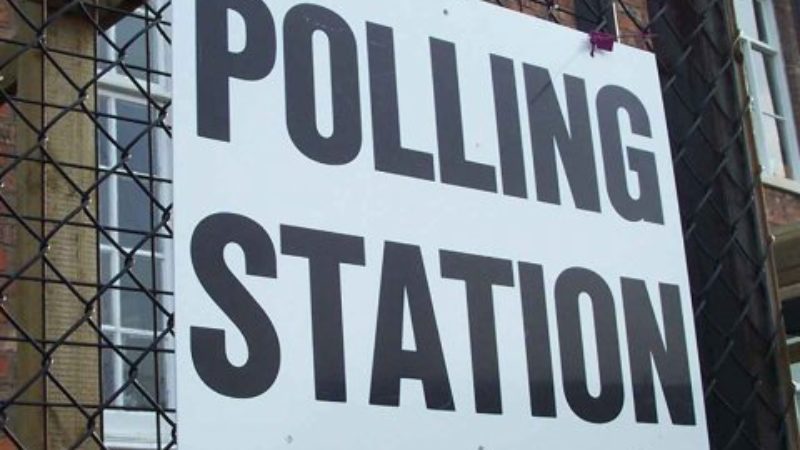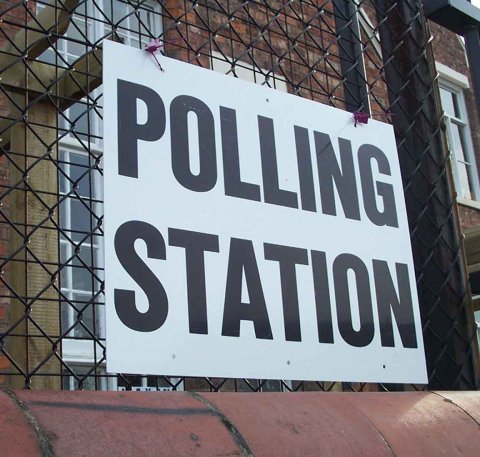
Labour supporters would be forgiven for feeling slightly nervous looking at the polls as we leave 2013. A year ago Labour’s lead was still at ten to twelve points, with Labour comfortably at or above 40%. A year on and the gap in most polls is down to five or six points, with Labour steady at around 38%.
The final Populus and YouGov polls of 2013 put Labour on 40%, the Tories on 33 or 34%, with the Lib Dems and UKIP around 9 to 12% each. With a blizzard of polling every week, it can be hard to make any sense of the polls or indeed make any predictions, but there are a few important factors to bear in mind.
Firstly, look at the share and not the lead.
Crucially Labour remain 10% up on their 2010 General Election vote share, up 4% on their election winning share in 2005, and just 1% below winning share in 2001. The Tories are basically at much the same levels as 2001 and 2005, perhaps two or three points up, but at best they are still one or two below their 2010 vote, which of course was not enough to secure a majority.
Secondly, it’s important to look at regional variations. Labour are well ahead in London and the North, where the vote reaches almost 50% and UKIP, as we have seen from local and by-elections, are more likely to beat the Tories into third. The Lib Dem vote has collapsed, particularly in northern cities.

A poll in Wales last week shows Labour likely to gain around seven Westminster seats from the Tories, and in Scotland Labour is well ahead in Westminster voting intention and the Conservatives look no nearer to returning more MPs from north of the border. Independence for Scotland of course would cull dozens of Labour MPs from the Westminster benches, but only one Tory.
In the South, a local ComRes poll in Brighton showed Green support down 13% on 2010/11, something which does not bode well for the Party’s sole MP Caroline Lucas, elected on a narrow 2% majority over Labour last time. Current polling would see the return of Labour’s 1997 gains across Sussex and Kent.
Polling of Labour/Conservative marginals by Lord Ashcroft and others does not give the Tories much hope either, with evidence of the swing to Labour in those seats the Tories must win being greater than elsewhere. The UKIP threat to the Tories is difficult to quantify, with some arguing polls underestimate their support. They are undoubtedly fishing in the same voter pool making an increase on the 33% Tory base vote harder.
The Tories will of course argue that governing parties always close the gap as the election nears. The evidence for that does not really stack up, with recent governing party recoveries only being in the order of 1 or 2%, not enough to deliver a Tory win. The “new incumbency” argument, where MPs elected for the first time at the previous election outperform their party, again shows a marginal benefit at best.
Whilst the Tories still lead on the economy and best PM, Labour has a lead on public services and living issues after the energy freeze pledge, and Ed Miliband’s ratings are steadily improving. There is Tory gloom and pessimism about success in 2015, with only 7% of Tory members expecting a win in 2015.
Unfair as it may seem, the Tories need to be 7 points ahead of Labour to secure a majority of one on a uniform swing. As Mike Smithson of PoliticalBetting.Com points out, another crucial factor is the big shift of 2010 Lib Dem voters to Labour, which in itself guarantees a 50 seat Labour majority.
A uniform swing on a Labour lead of five points points to an 80 seat majority. If you take into account regional variations and the polling in the marginals, the signs still point to a possible 100-plus majority for Ed Miliband.
One telling fact as we leave 2013 is that this has been the first year since 2002 that the Conservatives have not led in a single poll.
Despite all this there is no room for complacency by Labour. Polls are a scientifically-crafted statistical snapshot of current opinion, which do not predict the future and cannot take into account the impact of unexpected events like the global financial crash of 2008. However unless they can expand their appeal in urban areas, amongst younger voters, in the North, Wales, and Scotland, David Cameron’s party still have an electoral mountain to climb if they are to get within reach of a majority in 2015.
Warren Morgan is Leader of the Labour and Co-operative Group on Brighton and Hove City Council




More from LabourList
Ashley Dalton resigns as health minister for cancer treatment
Paul Nowak column: ‘Labour must focus on the basics’
‘Labour’s two-child cap victory rings hollow while asylum-seeking children remain in poverty’